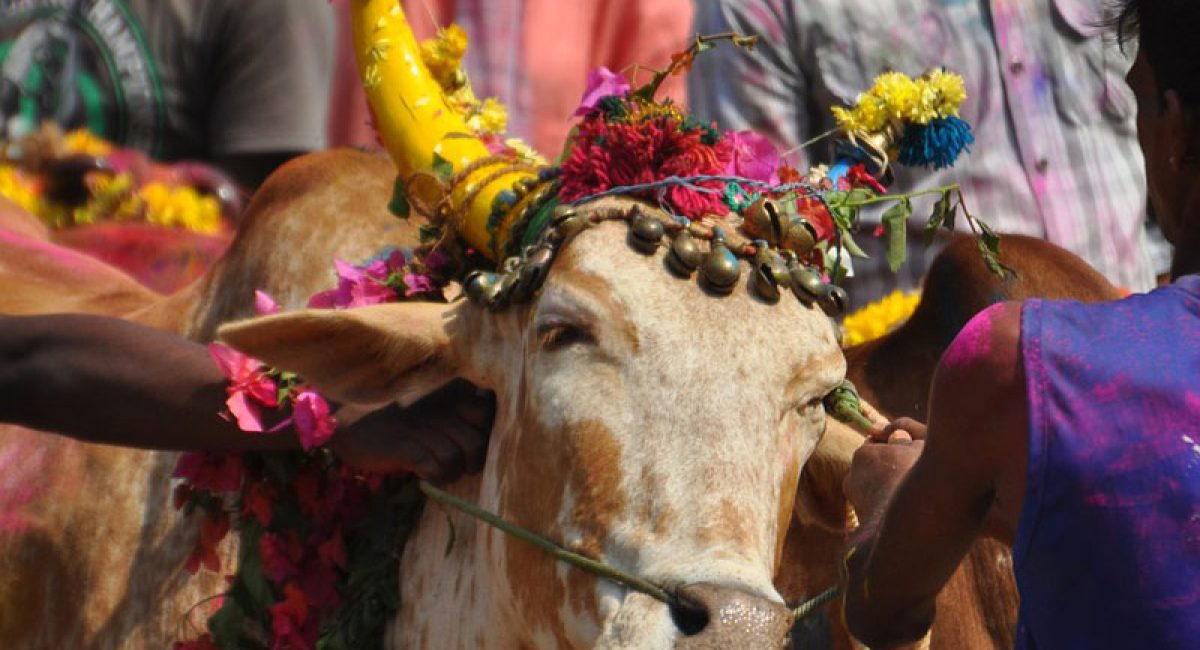From Lohri, Makar Sankranti to Pongal; here’s how India celebrates these harvest festivals
In India, harvest festivals in January mark the beginning of festivities every year. Makar Sankranti festival marks the beginning of the harvest season and the sun’s transit to the Capricorn. Globe Aware volunteers can take part in Jaipur, and even fly kites or visit beautiful temples.
From Lohri, Makar Sankranti to Pongal; here’s how India celebrates these harvest festivals
13 Jan 2024
Livemint
In India, harvest festivals in the month of January mark the beginning of festivities every year. The onset of harvest season is observed across the country under various names based on the region where it is celebrated. The festival is widely celebrated in the Indian Subcontinent and by Hindus all over the world.
North Indian Hindus and Sikhs refer to it as Maghi, which is preceded by Lohri. In Maharashtra, Goa, Andhra Pradesh, West Bengal, Karnataka and Telangana, it is known as Makara Sankranti and also Poush Sôngkrānti. In central India, it is called Sukarat, Assamese call it Magh Bihu, in Eastern Uttar Pradesh it is called Khichdi.
Lohri
Lohri festivities are followed by Makar Sankranti. This year Lohri festivities will take place on January 14. It is observed primarily in the northern regions of India, including Punjab, Haryana, Himachal Pradesh and Jammu and Kashmir. While paying their respects to Sun God, people sing and dance around the bonfire. Traditional dishes like Makki ki Roti, Sarson ka Saag, Pinni, Gur Gajak, Dahi Bhalle and Halwa are the culinary delights cherished on this occasion.
Makar Sankranti
Makar Sankranti marks the sun’s transit to the Capricorn which is followed by warmer and longer days. This day marks an end to a bitter cold spell. This period of Uttarayan lasts for around six months. Sankranti means movement of the sun while Makar Sankranti is the most important of all 12 Sankranti that fall in a year.
Makar Sankranti usually falls on January 14 every year, but as per Drik Panchang, this year the festival will be celebrated on January 15. During the festival, people worship the Sun God, take a holy dip in sacred water bodies, engage in charitable activities by giving alms to the needy, fly kites, prepare sweets made of sesame and jaggery, and worship livestock. Moreover, farmers across India pray for good crops.
Pongal
Pongal is celebrated in Tamil Nadu, Sri Lanka and Pondicherry. The festival derives its name from the Tamil word meaning ‘spilling over.’ The festivities begin with boiling the season’s first rice with milk and jaggery. Bhogi Pongal marks the begining to 4 day long festivities. It is followed by Surya Pongal and Mattu Pongal on the third day. Kannum marks the conclusion to these festivities.
Rituals that mark this occasion include bathing, processions, prayers at home and temples, elaborate feasts, house decorations and worship of the Sun God.
Jallikattu, a bull taming sport is widely celebrated in the state of Tamil Nadu as part of Pongal celebrations. Jallikattu event in Madurai will be held for three days, beginning from January 15. This event involves releasing a bull into a crowd of people where participants try to grab hold of the bull’s hump in an attempt to stop the bull.
Uttarayan
The festival, also known as Uttarayan, in Gujarat and Rajasthan is marked by kite flying. In Gujarat’s Ahmedabad, this festival is associated with the popular practice of kite flying. Since 1989, the day has been observed as International Kite Festival.


Comments